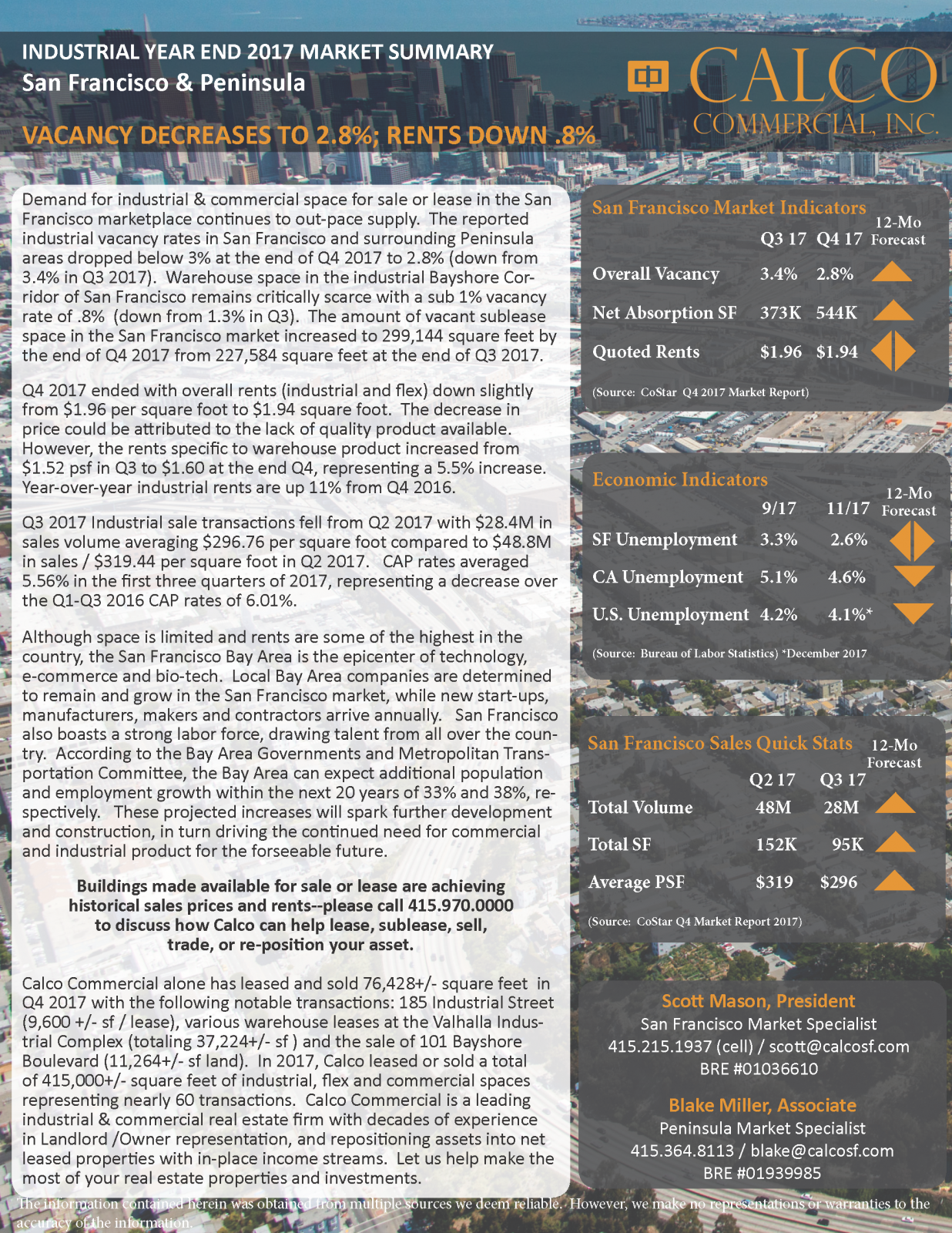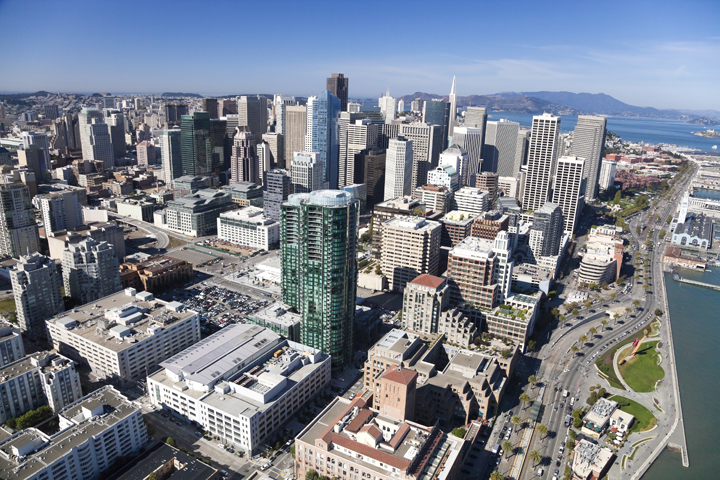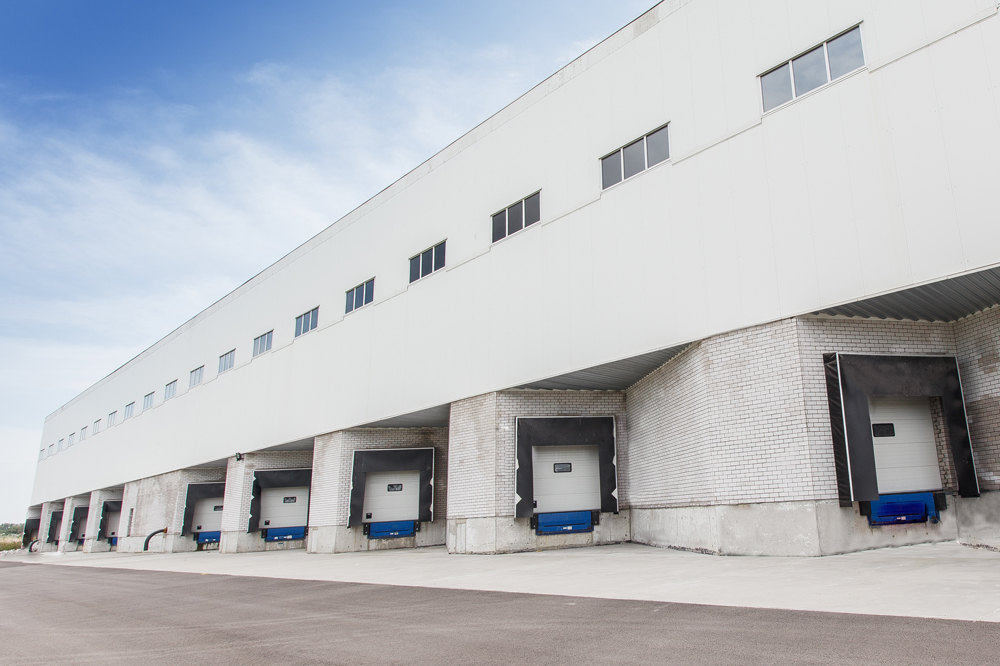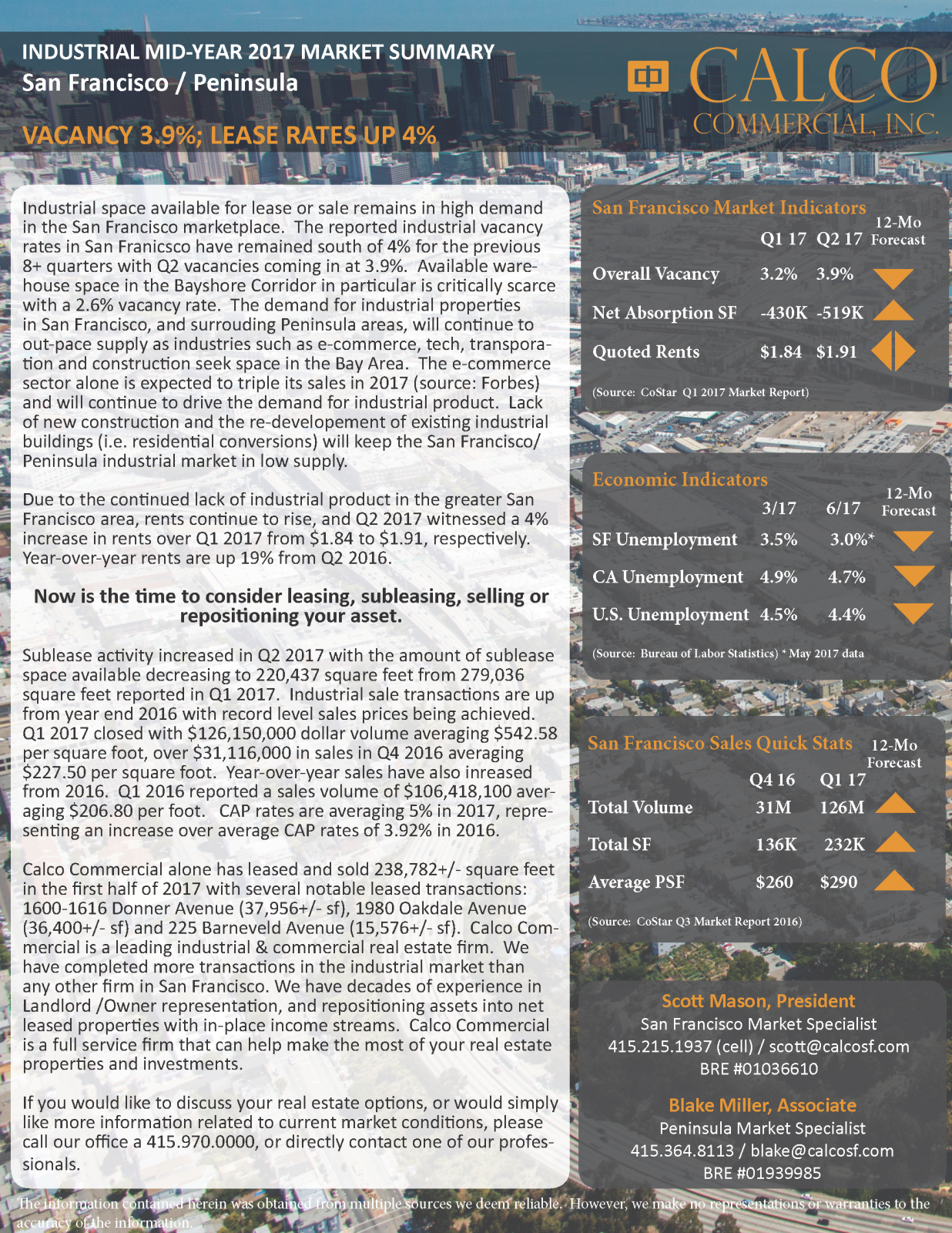With the ever present shift of brick & mortar retail to e-commerce, the recently completed 350K square foot “retail center” located at 945 Market Street may also undergoing a shift of its own. According to SocketSite, the developer Cypress Equities, “is now seeking approval to convert 47,522 square feet of the five-story building’s retail space into open floor office space.”
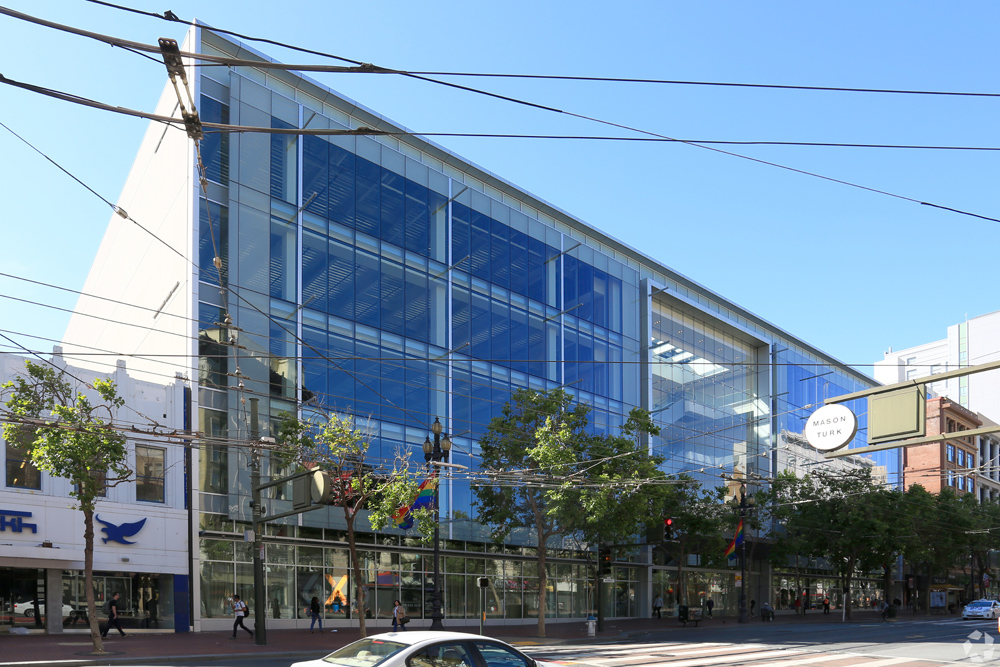
The San Francisco Planning Commission is scheduled to hear the proposed conversion pitch by mid-March 2018. What will become of the remaining vacant 217,000 square feet remains to be seen.

